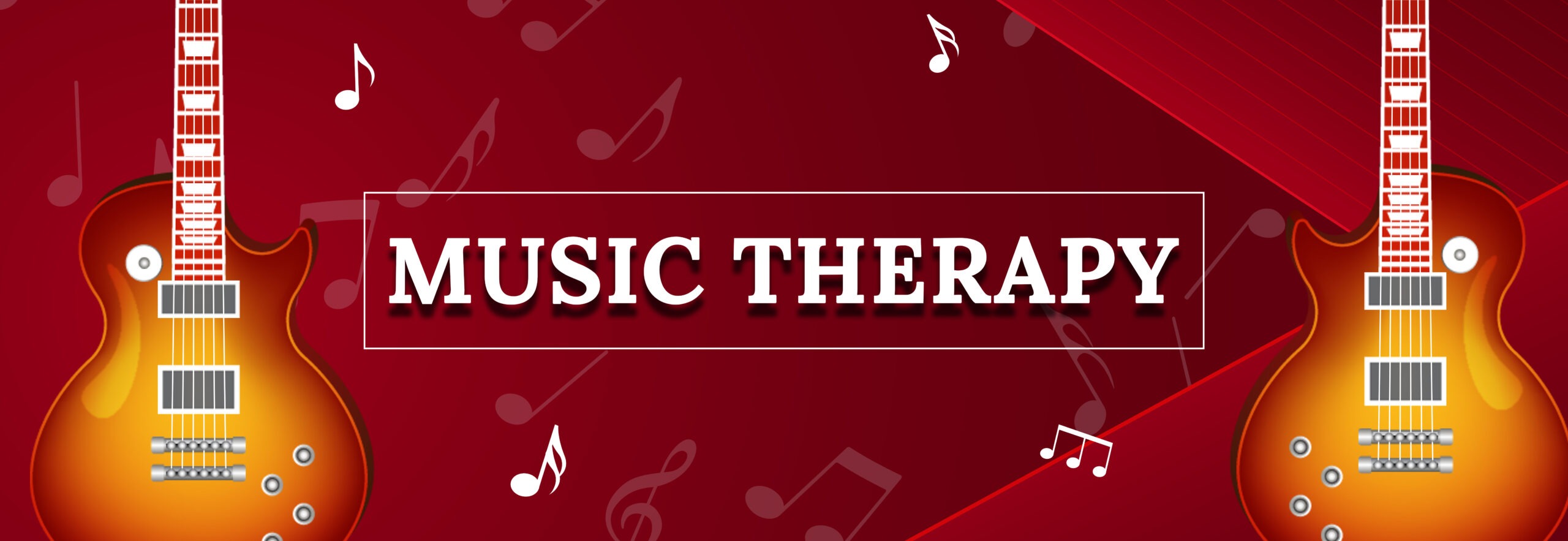
Music Therapy
Music therapy draws on the power of music in a therapeutic relationship to manage a range of conditions and improve your quality of life. A music therapist tailors sessions to your needs. You may sing or play instruments, listen to music or discuss the meaning of lyrics. You don’t need musical skills, and people of all ages can benefit.
What is music therapy?
Music therapy is the use of music and/or elements of music (like sound, rhythm and harmony) to accomplish goals, like reducing stress or improving quality of life. A healthcare provider called a music therapist talks to you to learn more about your needs, music preferences and experiences, and designs each session specifically for you. They also evaluate your progress each step of the way, and may work with your other healthcare providers to coordinate your care.
The number of sessions you have, the length of each session and what you do depends on your individual needs and goals. Music therapy experiences may include singing, playing instruments or writing music. Some sessions may involve listening to music and talking about its meaning.
Healthcare providers use music as therapy in many contexts, including at the bedside for people in hospitals. However, music therapy isn’t the same as listening to music to help you relax. Music can certainly be a powerful tool for calming and healing. But the definition of clinical musical therapy states that a qualified music therapist must plan and lead the session within a therapeutic relationship for it to qualify as this form of treatment.
Music therapy helps people of all ages (children, adolescents and adults) and from all walks of life. It may benefit many different aspects of your well-being, including:
- Mental.
- Emotional.
- Physical.
- Social.
- Cognitive.
What conditions can music therapy manage?
Music therapists use this form of treatment to manage a vast range of conditions. It’s typically a complementary therapy. This means it’s part of a larger treatment plan that may include medications or other interventions. Research shows music therapy can offer benefits to people with:
- Dementia.
- Traumatic brain injuries.
- Stroke.
- Parkinson’s disease.
- Cancer.
- Autism spectrum disorder.
- Mood disorders.
- Anxiety disorders.
- Learning disabilities.
- Developmental disabilities.
- Pain (acute and chronic).
- Substance use disorders.
